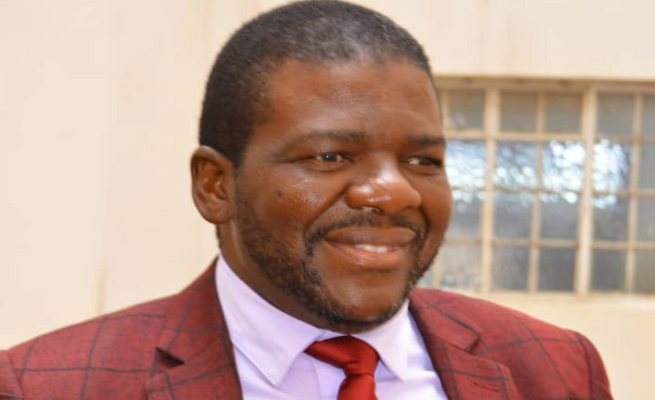OBSERVERS say multi-party democracy is under threat in the country after main opposition parties failed to field candidates for the April 6 by-elections.
The Zimbabwe Electoral Commission (Zec) announced council by-elections for Kusile Rural District Council (RDC) and Redcliff Municipality where Zanu PF will battle it out with independent candidates.
The country’s main opposition parties Citizens Coalition for Change and the Movement for Democratic Change (MDC) did not field candidates for the vacant council seats.
The by-elections were triggered by the recall of CCC councillors, Members of Parliament (MPs) and Senators by self-proclaimed party interim secretary-general Sengezo Tshabangu.
Tshabangu wrested the CCC from former party leader Nelson Chamisa.
Tshabangu, who resorted to the courts to bar the other CCC faction from contesting in the by-elections, said he was in the dark as to why his camp failed to field candidates.
“I honestly do not know why the party did not field candidates. You can talk to the acting president Welshman Ncube,” Tshabangu told NewsDay.
Ncube’s phone number was not reachable and his acting spokesperson Jacob Mafume did not respond to questions sent to him.
Tshabangu’s CCC faction recently announced that Ncube, Tendai Biti and Karenyi Kore will be acting presidents on a 90-day rotational basis.
Another CCC faction is linked to Chamisa and is led by Jameson Timba.
The faction’s spokesperson, Promise Mkwananzi, said the party wanted to field candidates but was barred by the courts.
“Our recalled candidates were barred illegally,” Mkwananzi said.
MDC spokesperson Lloyd Damba said the party would not participate in polls to sanitise Zanu PF’s fraudulent electoral manipulation.
“We told everybody that we will not assist Zanu PF to get a two-thirds majority,” Damba said.
“The MDC was never formed to participate in fraudulent election and legitimise Zanu PF rule and sanitise a flawed electoral process.
“The MDC demands electoral reforms presided over by a truly independent electoral commission. As for now let Zanu PF have its way.”
Political analysts, however, underscored the significance of opposition participation in maintaining the integrity of Zimbabwe’s democratic processes.
They said the absence of opposition candidates diminished the prospects of competitive elections.
“The opposition provides checks and balances on the Executive, the Judiciary, and the public administration while closely examining decisions, policies and actions made by the government,” said political analyst Lazarus Sauti.
“Given this, Zimbabwe’s democracy is in danger due to the opposition’s failure to field candidates in the upcoming byelections.
“The failure signifies the death of alternative narratives in our country.”
Political science lecturer Pardon Taodzera said the opposition’s absence from the electoral arena had negative implications for Zimbabwe’s democratic processes.
“The absence of a viable opposition weakens the democratic fabric of the country, ”Taodzera said.
“It limits accountability and reduces the checks and balances necessary for a healthy democracy.”
Similarly, political commentator Romeo Chasara highlighted the importance of a robust opposition in safeguarding democratic principles.
“A strong opposition is essential for ensuring that the ruling party remains accountable and that the interests of the citizens are represented adequately.
“Without it, there’s a risk of unchecked power and potential authoritarian tendencies,” noted Chasara.
Zanu PF now has a two-thirds majority in the Assembly Assembly after grabbing some seats in by-elections triggered by the recall of CCC members.
Critics now fear that Zanu PF will abuse its two-thirds majority to railroad unpopular laws to cement its hold on power.
Already, some Zanu PF die-hards are pushing for President Emmerson Mnangagwa’s third term bid.
However, a referendum will need to be held to amend the Constitution to allow for a third term. NewsDay.












